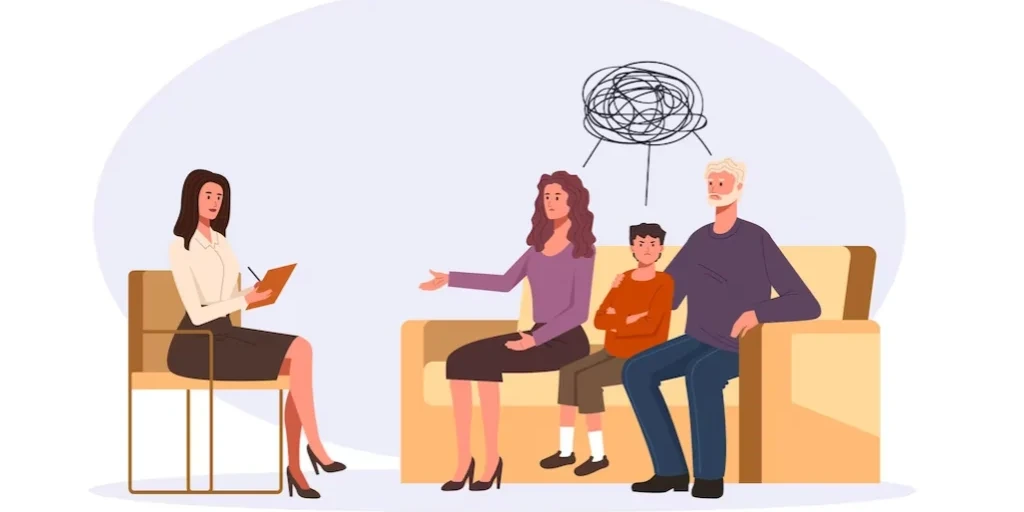24/7 Helpline:
(866) 899-111424/7 Helpline:
(866) 899-1114
Learn more about Couples Rehab centers in Richmond County
























































































Other Insurance Options

ComPsych

Private insurance

WellCare Health Plans

BHS | Behavioral Health Systems

Ceridian

Horizon Healthcare Service

Ambetter

Optima

Kaiser Permanente

Magellan Health

United Health Care

Meritain

State Farm

UnitedHealth Group

Amerigroup

Molina Healthcare

EmblemHealth

Anthem

Sutter

Evernorth